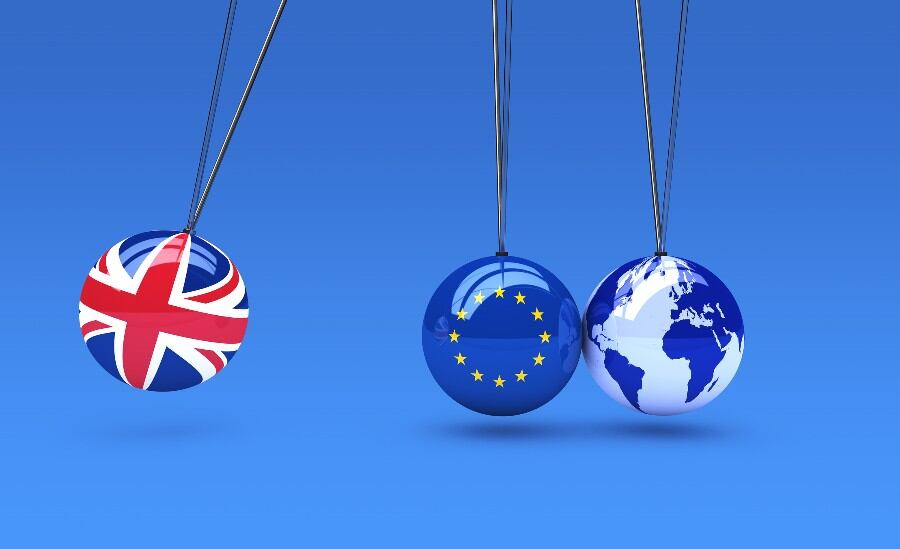On 1 January 1993, the European internal market commenced with the freedom of movement of goods, which is important for the industry and has, among other things, also stimulated foreign trade in confectionery, the BDSI said. The Association represents the economic interests of more than 200 mostly medium-sized German confectionery companies and approximately 60,000 people.
“A comparison of German confectionery exports in 1993 with 2022 shows the immense dynamics that foreign trade in confectionery recorded in these years. Since the introduction of the domestic market, the total volume of exported confectionery has increased by +333% from 569,000 tons in 1993 to 2.5 million tons in 2022. The value of confectionery and snack items exported from Germany has increased from €1.4 billion an increase of +612% in 1993 to €10.3 billion in 2022.”
Today, unrestricted movement of goods is taken for granted in an economic area with a population of almost 450 million. But the BDSI warned that politicians must prevent further erosion of the EU internal market, and there are still significant obstacles for medium-sized companies
The BDSI said it was now calling for a ‘trend reversal,’ to ensure that the single market is not further undermined, but instead maintained, further expanded, and brought back into the focus of European economic policy. The association has made its views known in a letter to EU President Ursula von der Leyen.
Brexit
In its report, the BDSI noted that Brexit in particular, and the associated loss of approximately 67 million consumers show how important it is for the German economy to maintain the freedom to buy goods.
In 2019, the year before Brexit, Great Britain accounted for 11.4% of EU exports at €6.7 billion. The resulting trading barriers have negatively impacted both Britain and the rest of Europe, with figures from the UK’s Food and Drink Federation last year showing that confectionery exports to the EU were down 1.6% for chocolate sales against 2019 figures of approximately £755 million. Increased logistics costs and additional administrative burdens have been widely reported as strong factors in those declines.
"The 30th anniversary of the internal market must be a wake-up call for European politicians to counteract fragmentation, in particular as a result of labelling law, and to think about strengthening the common market and legal standardisation again in legislative projects., said Dr Carsten Bernoth, General Manager of the (BDSI).
“Because for years we have been witnessing a gradual erosion of the common market. For food production, the EU member states have gone their own way in terms of nutritional value labelling or environmental or recycling labelling, but also labelling of origin or additives regulations and have destroyed the uniform legal framework through special national regulations.
“The BDSI, therefore, calls for a trend reversal, namely that the internal market is not further undermined, but instead maintained, further expanded and brought back into the focus of European economic policy. The association recently demanded this in a letter to EU President Ursula von der Leyen.”




